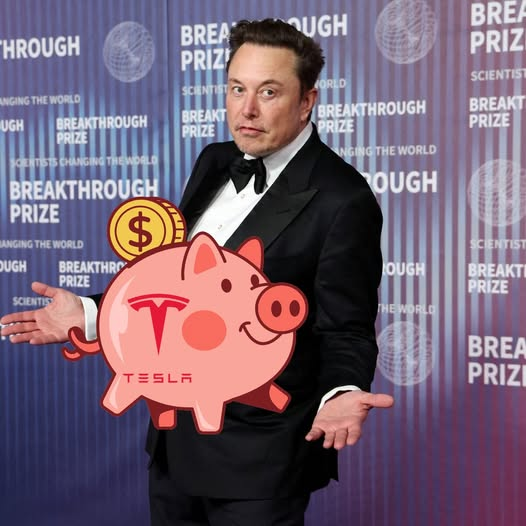
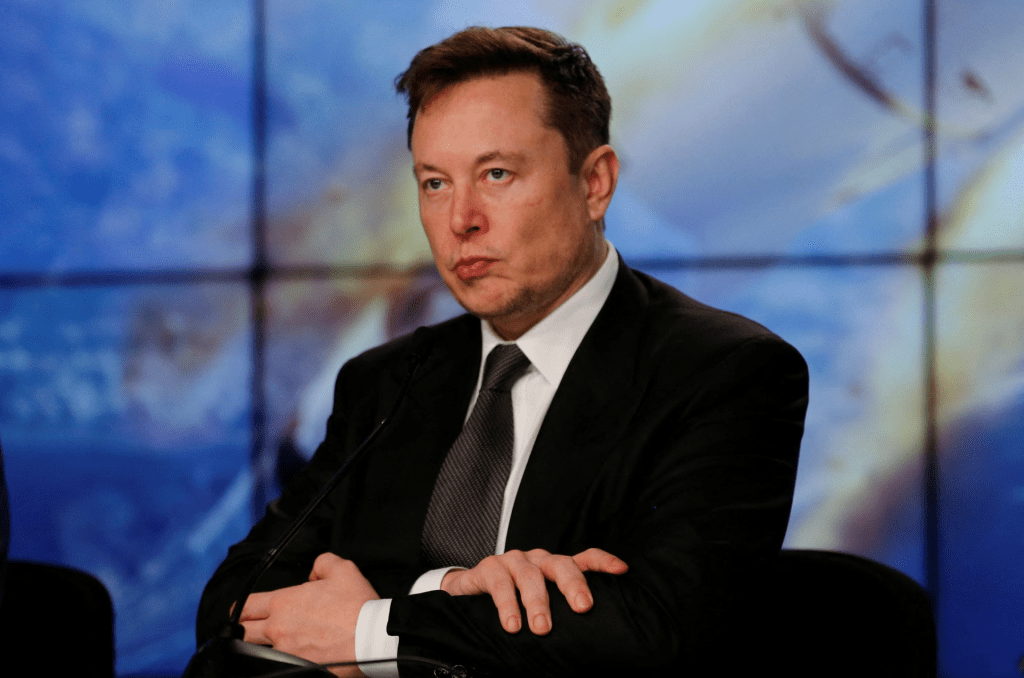
Tesla, one of the most influential companies in the automotive and energy sectors, is at the center of a growing controversy that raises critical questions about executive compensation, corporate governance, and CEO influence. At the heart of this debate is Elon Musk.
Over the years, Musk has faced accusations of treating Tesla as his personal financial playground, and the latest developments surrounding his $55 billion compensation package have only intensified these concerns. But what exactly do critics mean when they claim Tesla is Musk’s “personal piggy bank”?
The $55 Billion Compensation Package
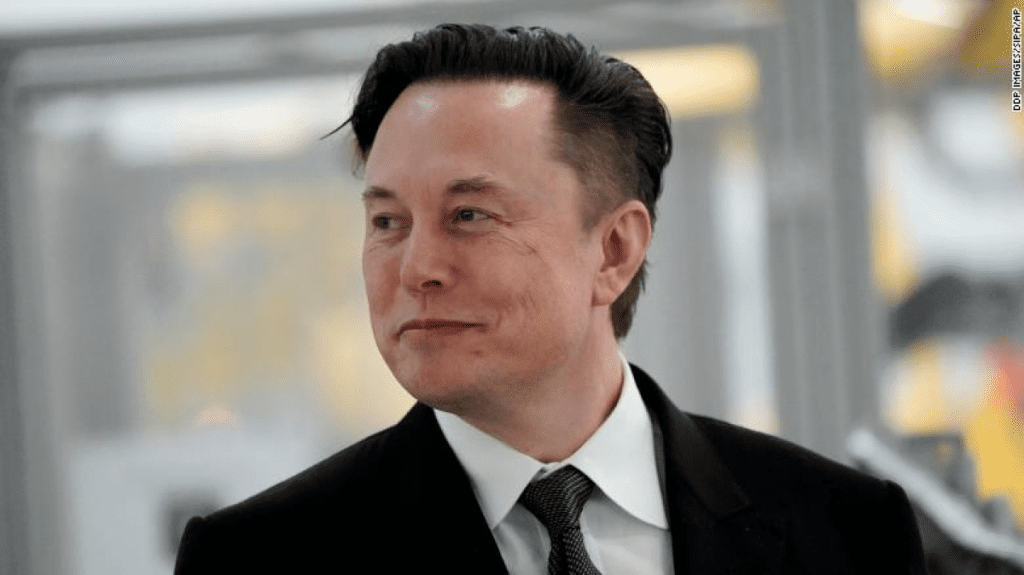
Musk’s compensation package, approved in 2018, is tied to Tesla’s stock performance and designed to reward him for achieving ambitious milestones. However, the sheer size of the package has raised eyebrows—its $55 billion value exceeds Tesla’s total accumulated net income since its inception.
As of now, Tesla’s net income stands at approximately $36 billion, far below Musk’s proposed compensation. A financial tracker estimates that Tesla won’t reach the $55 billion mark until the end of 2027, underscoring the disparity between the company’s earnings and Musk’s payout.
Corporate Governance and Oversight Concerns
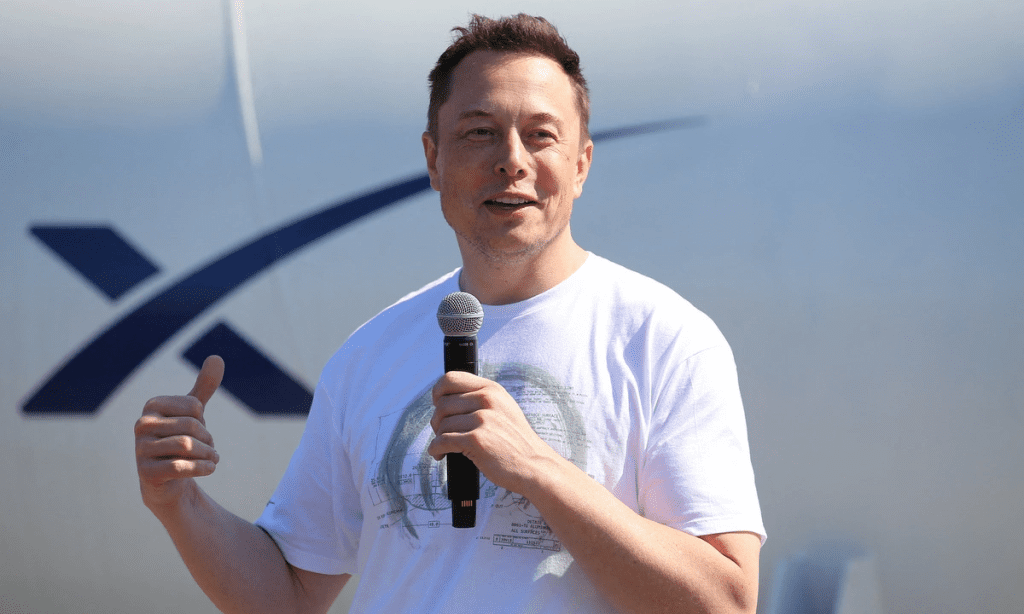
Musk’s compensation plan was initially structured to align his interests with Tesla’s shareholders. However, in 2021, a Delaware judge invalidated the package, ruling that shareholders had not been fully informed about its terms. The court found that Musk, as Tesla’s board leader, had undue influence over the agreement, effectively negotiating with himself. This raised serious concerns about Tesla’s governance structure and the lack of independent oversight.
Musk dismissed the ruling as politically motivated but did not directly address governance issues. Instead, he and his legal team launched efforts to reinstate the 2018 package, even lobbying for legislative changes in Delaware to facilitate its approval. This persistence highlights Musk’s determination to secure his payout, despite Tesla’s financials not justifying such an enormous sum.
Shareholder and Market Implications
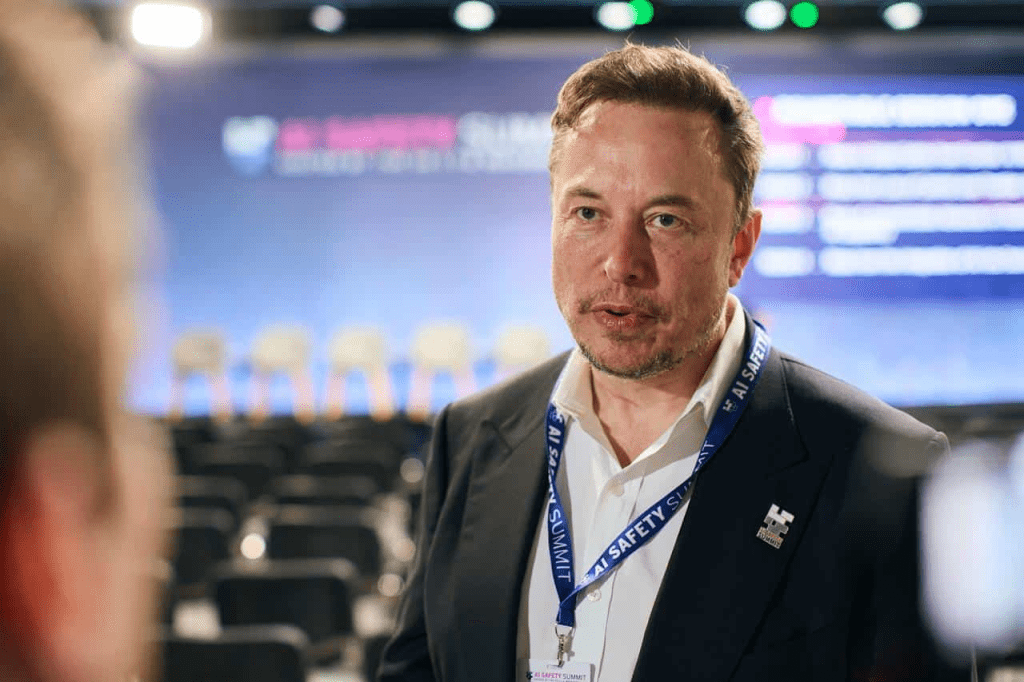
Critics argue that Musk’s package exemplifies a CEO enriching himself at the expense of his company and its shareholders. Tesla’s net income has consistently fallen short of justifying such a large payout, yet Musk continues to push for it. This has fueled accusations that Tesla serves as Musk’s personal financial vehicle, prioritizing his compensation over reinvestment in the business or shareholder returns.
Tesla’s soaring stock price has also played a key role in Musk’s wealth accumulation. While its market value has surged, largely due to investor speculation, Tesla’s actual earnings remain relatively modest. This disconnect raises concerns that Musk benefits from stock price inflation rather than genuine financial success.
Musk’s Influence Over Tesla
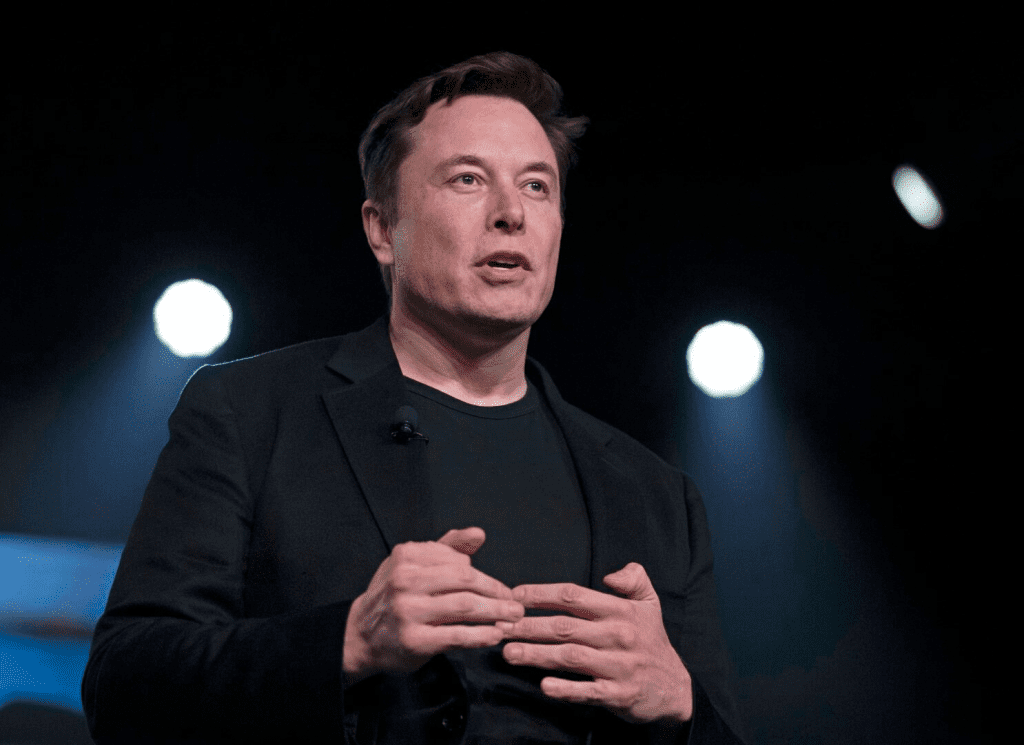
Beyond executive compensation, Musk has been accused of using Tesla’s resources for his own ventures, such as funding ambitious projects like SpaceX missions and the Cybertruck. While these projects may offer long-term benefits, they have also strained Tesla’s finances.
Musk’s public behavior further contributes to the perception that Tesla is his financial instrument. His social media activity frequently moves markets, raising concerns that he manipulates Tesla’s stock for personal gain. This has led to regulatory scrutiny and intensified the debate over his influence.
A Broader Trend in Corporate America
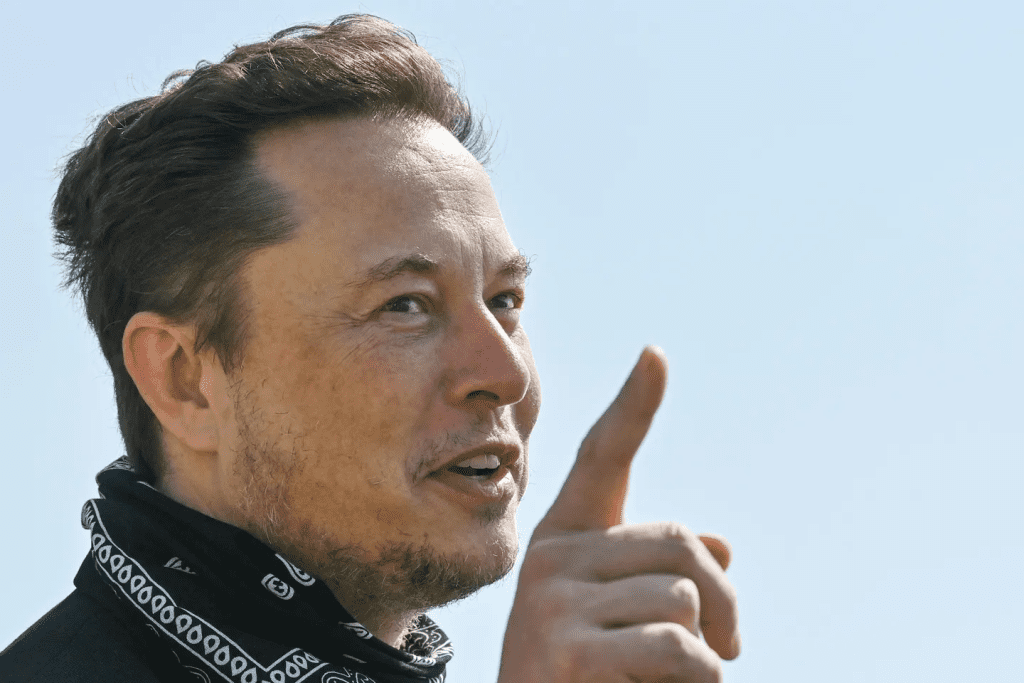
The controversy surrounding Musk’s compensation reflects a larger issue in corporate America, where CEO pay often outpaces company performance. While executive compensation has long been a contentious topic, Musk’s $55 billion package pushes the debate to new extremes.
At its core, this issue questions fairness: Should Musk receive a payout exceeding Tesla’s total earnings? Should shareholders accept a deal that primarily benefits Musk? Is it ethical for a CEO to negotiate such terms without independent oversight?
The Ongoing Debate
As Tesla’s financials evolve and Musk’s grip on the company persists, the debate over his compensation is far from over. Critics argue that Tesla’s resources should be used to strengthen the company and benefit shareholders rather than enrich a single individual. Supporters, however, credit Musk’s leadership for Tesla’s success and believe he deserves substantial compensation.
Ultimately, whether Tesla functions as Musk’s personal piggy bank depends on how we define corporate responsibility, executive pay, and leadership accountability. While critics see Musk exploiting Tesla for personal gain, others view him as the driving force behind its transformation into a global leader.
Regardless of where one stands, the discussion about Musk’s compensation raises fundamental questions about the future of corporate governance in America—and it’s a conversation that is far from over.


